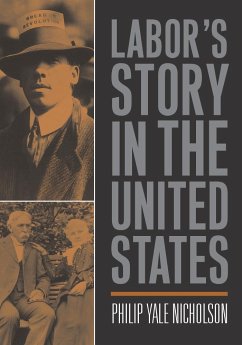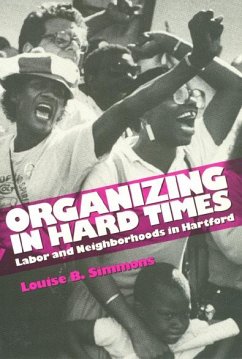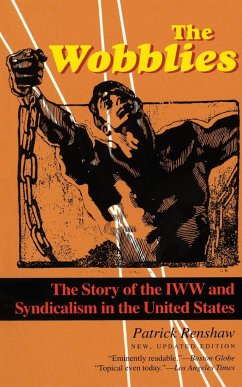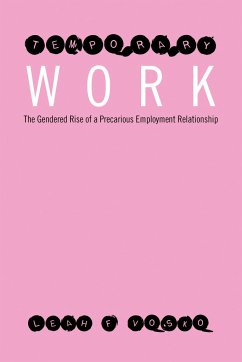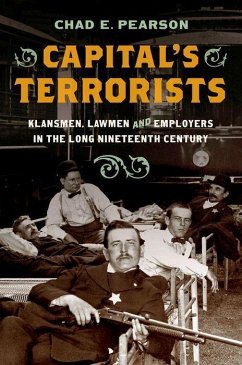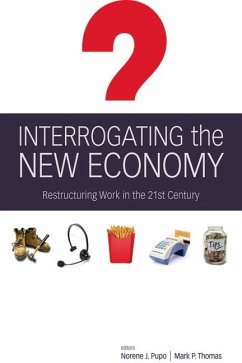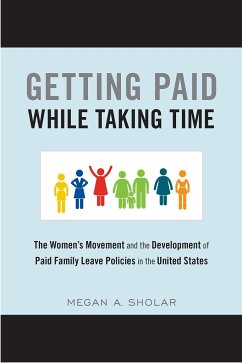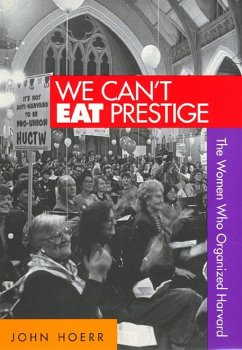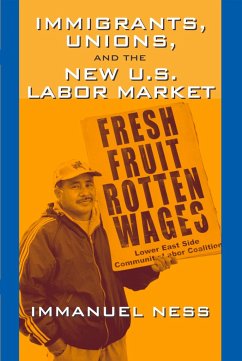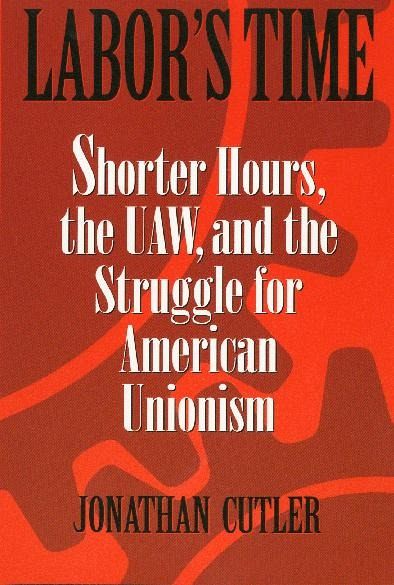
Labor's Time: Shorter Hours, the Uaw, and the
Versandfertig in über 4 Wochen
29,99 €
inkl. MwSt.

PAYBACK Punkte
15 °P sammeln!
The movement for a shorter workweek was once the defining feature of the labor movement in the United States, but that movement was largely displaced by the new corporatist structure of organized labor in the post-New Deal era. Labor's Time examines the structural transformation of organized labor and traces its influence on the decline of the shorter hours movement. Focusing on the internal union politics of the influential United Automobile Workers and Local 600, its local union at Henry Ford's massive River Rouge factory, Jonathan Cutler demonstrates how an all-but forgotten, interracial mo...
The movement for a shorter workweek was once the defining feature of the labor movement in the United States, but that movement was largely displaced by the new corporatist structure of organized labor in the post-New Deal era. Labor's Time examines the structural transformation of organized labor and traces its influence on the decline of the shorter hours movement. Focusing on the internal union politics of the influential United Automobile Workers and Local 600, its local union at Henry Ford's massive River Rouge factory, Jonathan Cutler demonstrates how an all-but forgotten, interracial movement for a shorter workweek during the 1950s and 1960s became a casualty of an increasingly top-heavy union bureaucracy that lost touch with the desires, fears, and aspirations of rank and file workers and dug its own grave in the process. movement emerged within Local 600 in the 1940s. He then chronicles the attempts by Walter Reuther, the head of the UAW, to suppress the demand for thirty hours' work and forty hours pay within the union. Cutler also considers the role of the Communist Party in relation to Reuther and the demand for shorter hours and larger pay. Lastly, Cutler documents and examines the ways in which the UAW was forced to respond to rank and file pressure for a shorter work week, and how the complexities of the local's own organization allowed Reuther and the national union to wrest control away from the dissidents demanding that the shorter work week remain the central platform of union activity. Fresh and boldly written, Labor's Time offers a new history of labor, and recreates the moment when unions - as a movement, not as an amalgam of leaders - could have transformed the landscape of work in the US.



